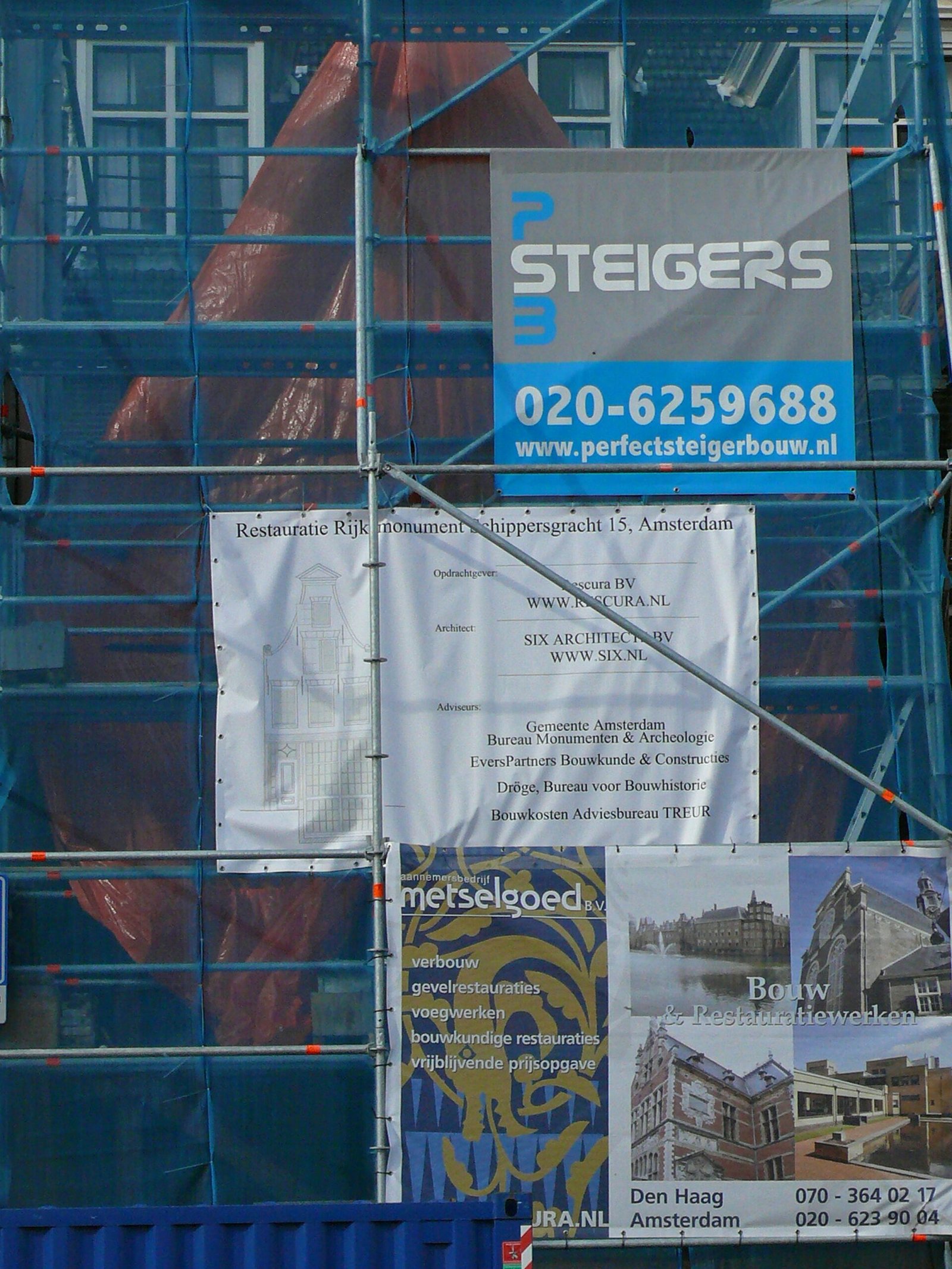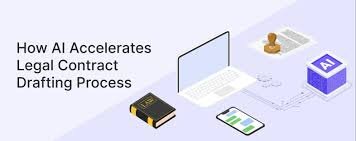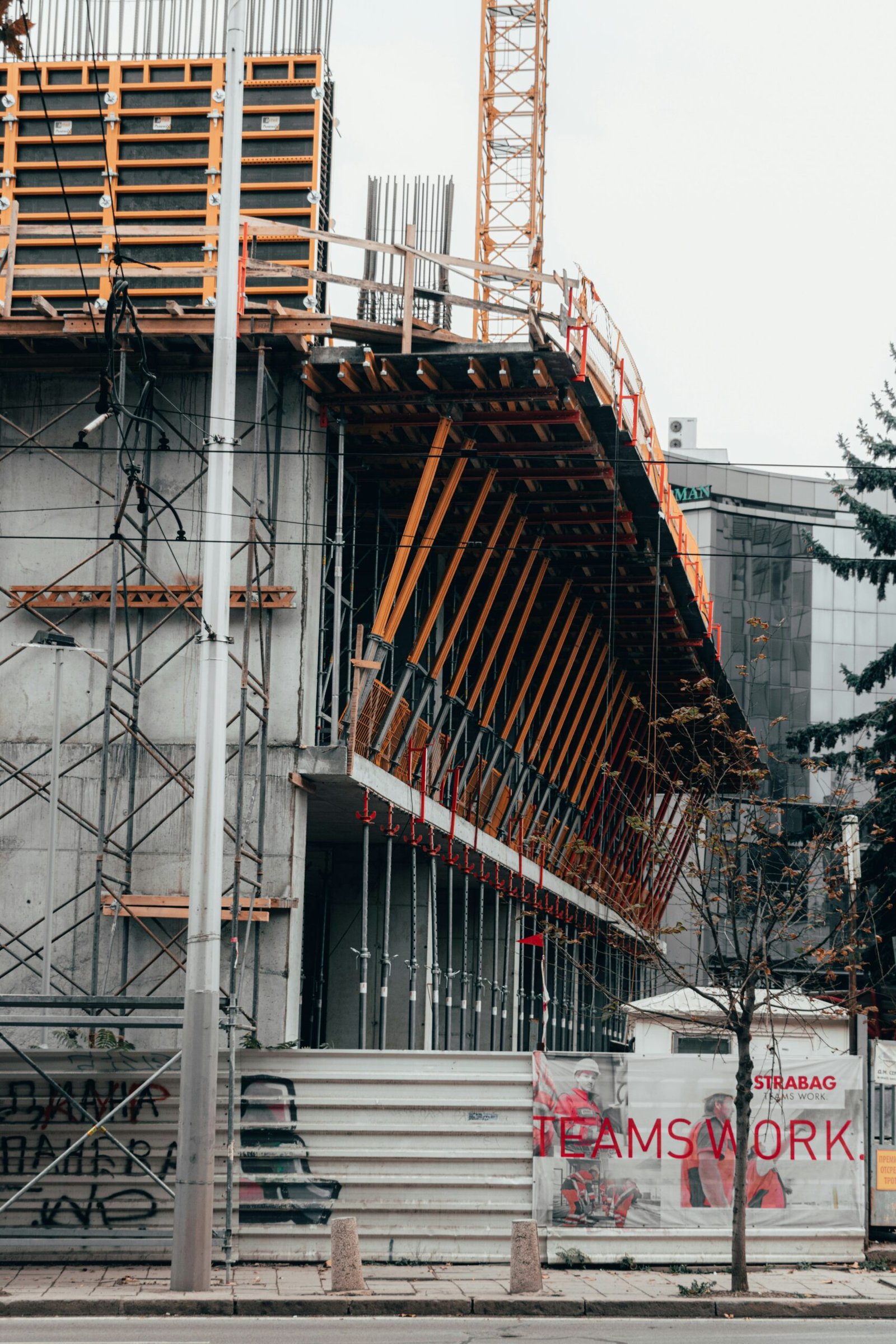Introduction to Contractor Bidding Platforms
Contractor bidding platforms play a crucial role in the construction industry by streamlining the process of obtaining bids for projects. These platforms provide a centralized location where contractors, subcontractors, and construction managers can connect, exchange information, and submit bids. The efficiency gained from using these platforms significantly improves project procurement, allowing stakeholders to focus on their core responsibilities rather than getting bogged down in administrative tasks.
Historically, the bidding process in construction has been fraught with challenges. Contractors often faced difficulties in accessing timely and accurate information about projects, leading to inefficient resource allocation and increased project costs. Additionally, traditional methods could invite miscommunication and delays, as subcontractors submitted their bids through various channels, from phone calls to physical documentation. These inefficiencies resulted not only in lost opportunities for contractors but also caused frustration among construction managers striving to maintain timelines and budgets.
Given the competitive nature of the construction industry, it is essential to address these longstanding issues with innovative solutions. The adoption of contractor bidding platforms represents a significant step in tackling these problems. By digitizing the bidding process, these platforms improve transparency and accessibility, allowing all parties to engage effectively. Construction managers can easily compare bids, evaluate contractor qualifications, and make informed decisions, promoting a more streamlined and productive project delivery process.
As technology continues to evolve, so too do the expectations of stakeholders within the construction sector. The integration of AI tools within contractor bidding platforms offers a promising avenue for further enhancing the bidding experience. These AI solutions not only automate repetitive tasks but also provide valuable insights through predictive analytics, empowering contractors and managers to achieve a more efficient and successful bidding process.
Key Benefits of Using AI Tools in Contractor Bidding
The integration of artificial intelligence (AI) tools into contractor bidding platforms presents several advantages that significantly enhance the bid management process. One of the primary benefits is improved accuracy in bid estimation. Traditional methods often involve complex calculations and subjective judgments that can lead to discrepancies. AI tools utilize historical data and advanced algorithms to generate precise cost estimates, ensuring that bids reflect actual project requirements more accurately.
Another vital advantage is the reduction in time spent on manual processes. In conventional bidding environments, contractors frequently face lengthy administrative tasks such as data entry, compilation of documentation, and communication with subcontractors. AI automates these tasks, allowing contractors to focus on strategic decision-making and project planning. This streamlining of workflows not only boosts efficiency but also minimizes the likelihood of human error.
Enhanced decision-making capabilities are another significant benefit of AI tools in contractor bidding. By using machine learning algorithms, these tools analyze past bidding data to identify patterns and trends, enabling contractors to make informed decisions based on actual performance metrics. This analysis can include factors such as subcontractor performance, material costs, and labor availability, leading to more informed and strategic bids.
The ability of AI to analyze large volumes of data is particularly advantageous for obtaining better insights into bidding dynamics. It assists in risk assessment by evaluating past project outcomes to forecast potential pitfalls, thus enabling contractors to propose bids with calculated risks. Moreover, forecasting project costs with AI tools can result in increased competitiveness in bidding by allowing contractors to submit more accurate bids within tight budgets, thereby enhancing their chances of project acquisition.
Popular AI Tools for Contractor Bidding Platforms
In the rapidly evolving landscape of construction management, several AI tools have emerged as essential resources for contractor bidding platforms. These tools leverage advanced technology to enhance the bidding process, making it more efficient and accurate. Below are some of the leading AI tools available to contractors.
One prominent tool in this space is PlanSwift. Known for its robust takeoff capabilities, PlanSwift offers predictive analytics that streamline the estimation process, allowing contractors to calculate material and labor costs with precision. Its seamless integration with various project management systems makes it a preferred choice for many construction firms looking to improve their bidding accuracy.
Bidding Engineering is another notable solution, featuring machine learning algorithms that analyze historical bidding data. By evaluating past performance and market trends, this tool aids in formulating more competitive bids. Its intuitive interface and customizable features allow users to tailor the bidding experience to their specific needs, ultimately resulting in improved project win rates.
Procore, a comprehensive project management software, includes AI-driven insights that help contractors optimize their bidding strategies. Its built-in analytics track project performance metrics, enabling teams to adjust their bids based on real-time data. While Procore excels in providing an all-in-one solution, users may find the steep learning curve a potential drawback.
Additionally, software like Bidclerk focuses on automating the bid solicitation process. This platform’s key functionalities include sourcing new projects, managing proposal submissions, and analyzing competitor bids. Bidclerk’s strength lies in its user-friendly interface and extensive database of construction projects; however, some users report that its analytical capabilities are not as comprehensive as those of other platforms.
In exploring these popular AI tools, contractors can make informed decisions based on the features, strengths, and weaknesses of each platform, ultimately revolutionizing their bidding processes.
Future Trends in AI for Contractor Bidding
The integration of artificial intelligence (AI) into contractor bidding platforms is rapidly transforming the landscape of construction and project management. As we look to the future, several key trends appear poised to reshape how contractors interact with bidding systems, enhancing both efficiency and reliability.
One of the most notable advancements is the increasing use of natural language processing (NLP). NLP enables systems to understand and interpret human language, making it easier for contractors to communicate their needs and for platforms to respond accordingly. This technology allows for smoother interactions, reducing misunderstandings and ensuring that proposals are crafted more accurately. By enhancing the user interface with NLP capabilities, platforms can facilitate a more intuitive experience that caters to both seasoned professionals and newcomers alike.
Automation also plays a crucial role in the evolution of contractor bidding. Through AI-driven algorithms, platforms can now streamline the bidding process, analyzing numerous factors such as project specifications, historical data, and market trends. This can lead to quicker decision-making, allowing contractors to submit bids in a fraction of the time previously required. As automation progresses, one can expect the elimination of repetitive tasks, thereby allowing contractors to focus on more strategic aspects of project management.
Furthermore, the potential impact of blockchain technology must not be overlooked. By providing a decentralized, transparent ledger, blockchain can enhance trust between contractors and clients, mitigating disputes and ensuring secure transactions. This paradigm shift can foster a more collaborative environment, wherein contractors are incentivized to bid honestly, knowing that their actions are recorded and verifiable.
Looking ahead, the fusion of NLP, automation, and blockchain is likely to significantly alter the construction industry. Businesses that proactively adapt to these trends may gain a competitive edge, resulting in more efficient bidding processes and fostering robust relationships built on trust and transparency.









